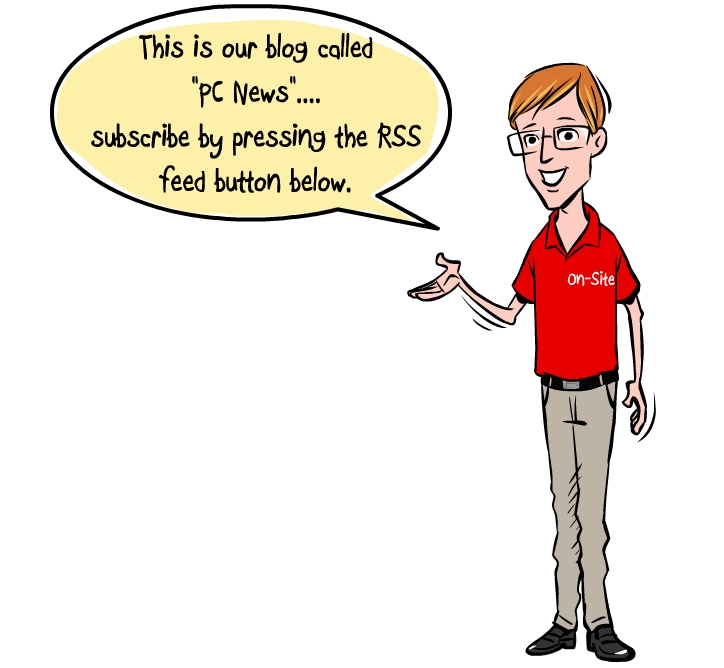It’s not just hardware that can make a computer slow; software can also bring a computer to its knees. While hardware issues are very straightforward, software issues can be more troublesome to identify and rectify. However, if you want to maximize the speed of your computer system, it’s important to take a hard look at any possible software-related issues.
Is software making your computer slower?
- Bloatware: Have you ever purchased a new computer or smartphone, only to realize there are a bunch of included programs or apps that you have no use for? Those are perfect examples of bloatware. Often, the manufacturer of those programs or apps pays a fee to the computer or phone manufacturer to have that software included with your device.
- New computers also include additional programs that the manufacturers believe offer important functionality.
- Trialware is another type of bloatware included with many new computers. You know those deals where you get three months free and then the payments start.
- Adware is still another type of bloatware. Everyone has suffered from adware at one type or another. This type of software often results in popup ads or directs you to websites with ads.
- All types of bloatware can slow down your computer, some dramatically so. Unfortunately, bloatware can often be challenging to remove from your computer system.
- Spyware: Spyware is software that monitors your activity and relays that information to another party. The transmitted information can be personal information, such as bank account information, or web browsing activity. The data is frequently sold to marketing and data firms, advertisers, or to those with more criminal intentions.
- Spyware isn’t just an invasion of your privacy, it can also slow down your computer. Spyware can also be difficult to remove.
- Software conflicts: Software conflicts occur when two programs can’t run efficiently at the same time. This is commonly the result of both programs competing for the same resources. It could be that both programs require an excessive amount of memory, for example.
- Antivirus software: Antivirus software can be one of the biggest obstacles to computer speed. It takes a tremendous amount of computer resources to constantly scan for viruses. The updates required to keep virus software up to date can also be a burden to speed.
- There’s a good chance that your operating system includes anti-malware features. A third-party antivirus program is often unnecessary.
- Garbage software: Most computers have a lot of software that serves little purpose. Not only does this software take up valuable hard drive space, it often runs in the background and requires RAM and and processing power to maintain. All of this results in a slower computer.
- Any unused software should be removed. Any programs that needlessly launch at startup should be disabled.
Unless you’re known as the computer guru of your social circle, these can be difficult issues to resolve on your own. This is especially true when managing any bloatware, spyware, or software conflicts. The most important takeaway is that the software on your computer can negatively affect your computer’s speed.
In part 3, we’ll look at how your network can affect your computer’s speed.


